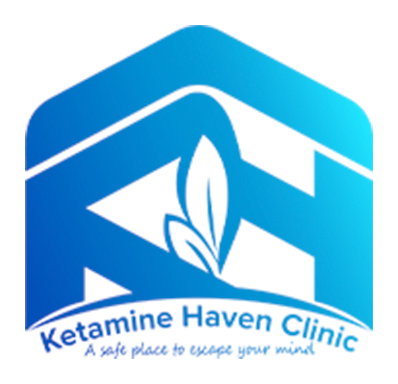Are you concerned about the safety of Ketamine IV Infusion treatments for anxiety, depression, chronic pain, and post-traumatic stress? It is a valid question, and if you wish to learn more, you are wise to do so. Research shows that Ketamine IV Infusion treatments for chronic pain and mood disorders are highly safe when administered by trained anesthesia providers with Board Certification. The World Health Organization states, “Ketamine is one of the essential drugs due to its therapeutic efficacy and broad margin of safety.” Ketamine is considered a full anesthetic with minor effects on circulatory function, airway reflexes, or respiratory drive. It is widely used in war zones, pediatric and adult surgery, trauma medicine, and emergency rooms.
The essential point to remember is that any prescription can be dangerous if overused. While some medications are undoubtedly less understood and studied than others, Ketamine is well understood and has a large body of research to support its use.
Ketamine, A newly discovered secret of mental and physical peace.
Evidence supports the use of Ketamine for mental disorders
A group of Certified Registered Nurse Anesthetists (CRNAs) have conducted extensive research on stress and its effects on the brain, including anxiety and depression. They have discovered that Ketamine is a highly effective, non-addictive, and therapeutic option, which are 3 of the most important factors supporting its use for chronic pain and mood disorders(1). Studies also indicate that low dosages of Ketamine, which is also misused as a “club drug” under the road names “K” and “Special K,” produce rapid antidepressant effects. In addition, it can improve mood within 24 hours.
Similar improvements have been found with esketamine, a type of medicine newly approved by the United States “Food and Drug Administration” for treating depression in individuals who do not respond to other antidepressants.

To determine the cognitive safety of Ketamine, the Brazilian researchers evaluated fourteen studies involving over 1,000 individuals with” treatment-resistant depression” who took either Ketamine (2).
In one research, participants used esketamine nasal spray for 44 weeks, seven people used a single intravenous ketamine infusion, and six used six ketamine infusions over 2 to 3 weeks. The esketamine clinical study found no increase in cognitive function. In contrast, five ketamine studies found benefits in processing speed (the time required to complete a mental task), memory, or cognitive flexibility(3).

According to the analysis published in the Harvard Review of Psychiatry journal, just one of the 14 studies described cognitive impairment following ketamine treatment. However, these issues were resolved within seven days of treatment(4). Similarly, the present research suggests that esketamine and Ketamine do not have significant adverse “neurocognitive effects in treatment-resistant depression” (5).
References:
- Ballard ED, Ionescu DF, Voort JLV, Niciu MJ, Richards EM, Luckenbaugh DA, et al. Improvement in suicidal ideation after ketamine infusion: relationship to reductions in depression and anxiety. 2014;58:161-6.
- Zarate CAJBJoP. Ketamine: a new chapter in antidepressant development. 2020;42:581-2.
- Daly EJ, Trivedi MH, Janik A, Li H, Zhang Y, Li X, et al. Efficacy of esketamine nasal spray plus oral antidepressant treatment for relapse prevention in patients with treatment-resistant depression: a randomized clinical trial. 2019;76(9):893-903.
- Rowland LM, Bustillo JR, Mullins PG, Jung RE, Lenroot R, Landgraf E, et al. Effects of Ketamine on anterior cingulate glutamate metabolism in healthy humans: a 4-T proton MRS study. 2005;162(2):394-6.
- McIntyre RS, Rosenblat JD, Nemeroff CB, Sanacora G, Murrough JW, Berk M, et al. Synthesizing the evidence for Ketamine and esketamine in treatment-resistant depression: an international expert opinion on the available evidence and implementation. 2021;178(5):383-99.








